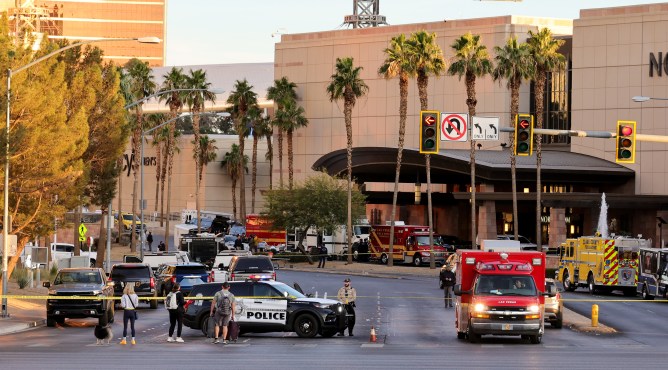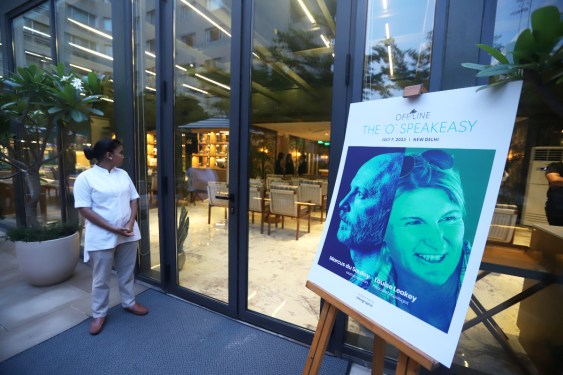A Double Tragedy Rocks the City
Two individuals rented cars from Turo, a peer-to-peer car-sharing platform, and used them to commit acts of violence earlier this week. The first incident occurred in New Orleans, where a military veteran driving a Ford F-150 Lightning deliberately drove into a crowd of people, resulting in the loss of at least 15 lives. The second tragedy took place in Las Vegas, where an active-duty Green Beret rented a Tesla Cybertruck and parked it in front of the Trump International Hotel before allegedly blowing it up. Tragically, the driver died by suicide.
CEO Expresses Outrage
On Friday, Turo’s chief executive, Andre Haddad, released a statement expressing his outrage at the misuse of their platform by these two individuals. He noted that Turo is working "around the clock" to identify how the platform could have been exploited in such a manner.
The Question on Everyone’s Mind: How Could This Have Happened?
While Haddad acknowledged that the perpetrators had valid driver’s licenses, clean criminal backgrounds, and were decorated U.S. military servicemembers, he suggested that even law enforcement might not have been able to flag these individuals as potential risks.
Turo’s Screening Process Under Scrutiny
The incident has sparked a renewed focus on Turo’s screening process for renters. The company claims to use a proprietary multi-layer, data-science-based trust and safety algorithm called the Turo Risk Score, which incorporates 50 internal and external data sources. However, the specifics of this algorithm remain unclear, leaving many questions about its effectiveness.
A History of Controversy
Turo has faced criticism in the past for not doing enough to prevent cars on their platform from being used for illicit activities, including human trafficking and drug smuggling. Posts on the Turo subreddit page by hosts reveal concerns over renters with criminal histories.
What’s Next for Turo?
Haddad announced that Turo will be investing in improving its risk score algorithm and has assembled a team of former law enforcement professionals to help assess future risks. The company is also consulting with national security and counterterrorism experts to better understand how they can prevent such incidents from occurring.
A Complex Issue
The incident raises complex questions about the responsibility of peer-to-peer car-sharing platforms like Turo in preventing acts of violence. While Turo’s algorithm may not be foolproof, it’s clear that more needs to be done to ensure the safety of users and communities at large.
Turo’s Statistics Don’t Add Up
Haddad noted that despite 27 million trips facilitated over 12 years, fewer than 0.10% have ended with a serious incident like vehicle theft. However, this statistic doesn’t necessarily address the issue at hand: how Turo can prevent acts of violence from occurring in the first place.
A Call for Action
As the world grapples with the aftermath of these tragic events, it’s essential that companies like Turo take a hard look at their policies and procedures to ensure they are doing everything possible to prevent such incidents. The question on everyone’s mind is: what can be done differently?
Turo’s Response Raises More Questions Than Answers
Turo’s response to the incident has raised more questions than answers. While Haddad expressed outrage, it’s unclear whether this will lead to meaningful change within the company.
A Broader Discussion
The Turo incident serves as a reminder that the issue of peer-to-peer car-sharing platforms and their responsibility in preventing acts of violence is complex and multifaceted. It requires a nuanced discussion about accountability, safety, and the role of technology in mitigating risk.
Conclusion
As the city mourns the loss of life, Turo faces a daunting task: to rebuild trust and ensure that their platform is not exploited by individuals with malicious intentions. The world watches as this company grapples with the consequences of its actions and seeks to find a solution to prevent such tragedies from occurring in the future.
Related Stories




